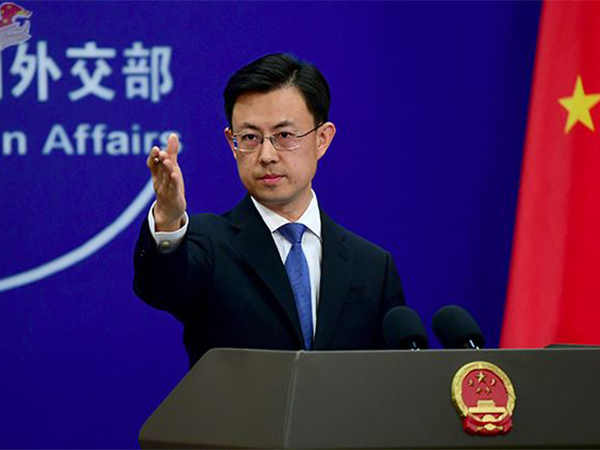Plea in SC seeks to ban Zoom video conferencing app claiming it breaches privacy
May 20, 2020

New Delhi [India], May 20 : A petition was filed in the Supreme Court on Wednesday seeking a ban on the usage of video conferencing application Zoom by Indian citizens until formulation of an appropriate legislation, claiming the app breaches privacy.
The petition, filed by one Harsh Chugh, sought a ban on Zoom app claiming lack of internet safety of the application and contended that the software application poses a threat to privacy of the individuals using it and also breaches cyber security.
The petition said that Zoom app is not safe and does not have end-to-end encryption and is violating the Information Technology Act, 2000, and Information Technology (Procedure and Safeguards for Interception, Monitoring and Decryption of Information) Rules, 2009.
The CEO of ZoomVideo Communications has already apologised publicly and accepted the app to be faulty in terms of providing a secure environment digitally which is against the norms of cyber security, the plea said.
Chugh, in his plea, said that being a homemaker and remote worker (takes tuition classes through Zoom), he is concerned about cases of hacking and cyber breaches, which are being incessantly reported.
The penetration of offending software increasing with each day have pan India ramifications, the plea said.
It said that there is a need for a legislation to be put in place in order to effectuate a standard regulation to safeguard the rights of citizens as has been brought to light by various leaders across the world.
"It is important to realise how Zoom consistently violates its duty to implement and maintain reasonable security practices, and misleads consumers about the security benefits of the product. Zoom has targeted consumers, businesses, and schools," the plea said.
"Rather than lending a hand to people in need, Zoom violates the privacy of its millions of users by misusing and exploiting their personal information, and falsely, deceptively, and misleadingly advertising fictitious security benefits of the programme," it added.

















